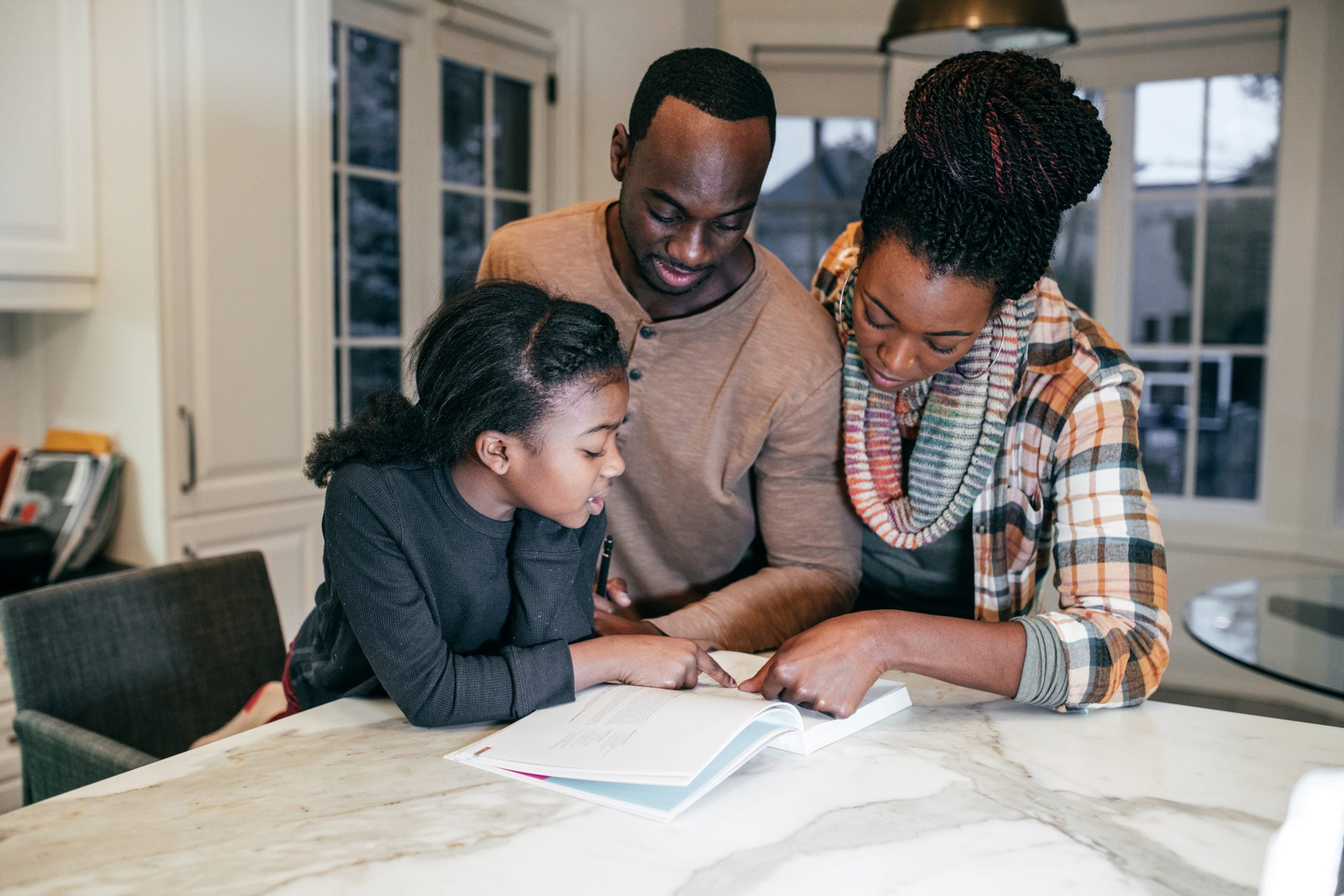
Over the course of the global COVID-19 pandemic, homeschooling numbers began to surge in the U.S. “Two years later, even after schools reopened and vaccines became widely available, many parents have chosen to continue directing their children’s educations themselves,” The Associated Press reports.
Data before the pandemic shows that the number of U.S. students being homeschooled was approximately 3%; however, that number increased by 63% in 2020, and only fell by 17% in 2021.
Linda McCarthy, a mother in Buffalo, NY went on the record saying “her children are never going back to traditional school… She said her children have thrived with lessons tailored to their interests, learning styles and schedules.”
In the past couple of decades, while home-schooling families were predominantly white, as The Hechinger Report found, during the pandemic, “the largest growth in home schooling was among Black families, with a fivefold increase.”
Some have cited the time away from an educational system which has oftentimes not served Black students, because “[a]s numerous studies have shown, Black students are not only more likely to be disciplined, but also more harshly and for lesser offenses, than their white peers.”
One Raleigh North Carolina mother, Laine Bradley, indicated how the shortcomings became increasingly more visible when remote learning was thrust upon the world, and has decided to continue to homeschool her 7-, 10-, and 11-year old, “I think a lot of Black families realized that when we had to go to remote learning, they realized exactly what was being taught. And a lot of that doesn’t involve us…My kids have a lot of questions about different things. I’m like, ‘Didn’t you learn that in school?’ They’re like, ‘No’…I can incorporate things that I feel like they should know.”
Bradley has added financial literacy, in addition to Black and Caribbean history to the curriculum she teaches her children and has been detailing her journey on social media posts, which have garnered so much attention that she was inspired to form “an online community called Black Moms Do Homeschool to share resources and experiences.”
Indiana mother Gisela Quiñones echoed Bradley’s sentiments with her decision to homeschool her children, “Some parents are really worried about Covid and their child getting sick, but one of the main reasons is about culture. We want our children to learn certain things now…We want them to know a lot about their culture.”
Racial Justice NOW!’s Zaikya Sankara-Jabar said, “Families don’t want to go to the same schools that they were before…They want them to be improved.”
Given this trend, state legislatures across the nation are weighing measures to either increase or decrease regulations for families who have opted to homeschool. “Proponents of more oversight point to the potential for undetected cases of child abuse and neglect while others argue for less in the name of parental rights.”